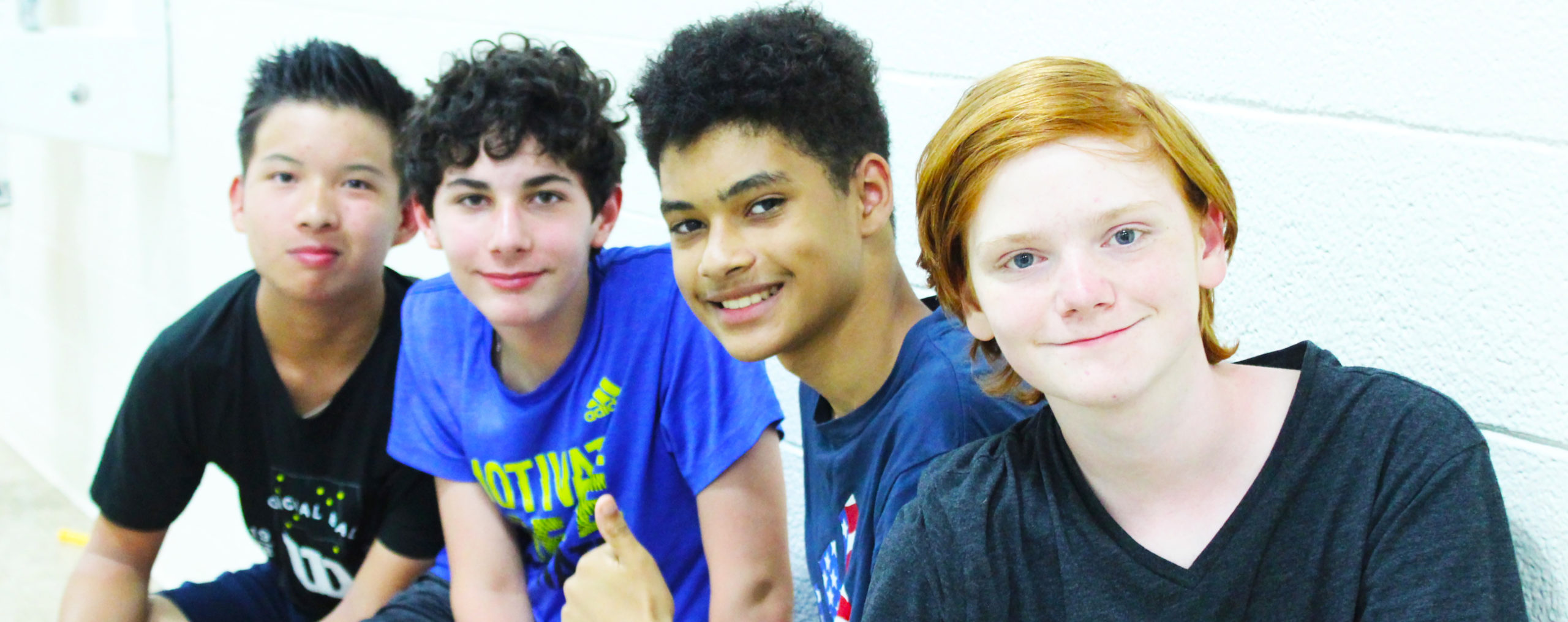

Introduction
Navigating the social landscape can be particularly challenging for students with Attention Deficit Hyperactivity Disorder (ADHD). The MESH curriculum, focusing on Mindsets, Essential Skills, and Habits, offers a promising avenue for addressing the unique needs of neurodivergent learners, including those with ADHD. This article explores the role of the MESH curriculum in nurturing social skills in students with ADHD, drawing on research to highlight its potential impact. Camp Sequoia has been an early adopter of the MESH curriculum for children to engage both with our campers and with our staff. Having a multi-week staff training allows our team to infuse, with intentionality, aspects of the MESH curriculum into the daily fabric of Camp Sequoia.
MESH Curriculum: An Overview
The MESH curriculum, designed to encompass Mindsets, Essential Skills, and Habits, provides a holistic framework for education. Developed by educators and researchers, MESH aims to foster a growth mindset, emphasize essential skills tailored to individual needs, and cultivate positive habits for academic and personal success (Dweck, 2006; MESH Guides, n.d.).
Mindsets and Social Skills Development
The Mindsets component of the MESH curriculum plays a pivotal role in shaping attitudes towards learning, including social learning. For students with ADHD, who may face challenges related to impulsivity and inattention, fostering a growth mindset is crucial. Dweck’s research (2006) suggests that individuals with a growth mindset are more likely to embrace challenges and view setbacks as opportunities for learning, qualities essential for social skills development.
Essential Skills Tailored to Social Needs
Students with ADHD often experience difficulties with executive functions, impacting their social interactions. The Essential Skills aspect of the MESH curriculum recognizes the importance of tailoring education to individual needs, offering an opportunity to address these challenges. Strategies such as social skills training, peer mentoring, and explicit teaching of communication skills align with the principles of essential skills development (Dawson & Guare, 2010).
Habits for Social Success
Building positive habits is integral to the MESH curriculum and can significantly impact the social success of students with ADHD. Executive function deficits often manifest in challenges related to organization and time management, which can affect social interactions. The MESH approach encourages the development of habits that address these deficits, promoting better social integration (Dawson & Guare, 2010).
Individualized Support for Social Learning
The MESH curriculum emphasizes the importance of individualized support, recognizing the diverse needs of students. For neurodivergent learners, including those with ADHD, individualized support is particularly critical for social skills development. Tailoring interventions to address specific social challenges can significantly enhance the effectiveness of social skills programs (Raggi & Chronis-Tuscano, 2006).
Social Skills Training and ADHD: A Research Perspective
Research indicates that targeted social skills training can be effective for individuals with ADHD. A meta-analysis by Pelham and Hoza (1996) found that social skills interventions had a moderate positive effect on the social functioning of children with ADHD. By incorporating evidence-based social skills training within the MESH framework, educators can provide structured and targeted support for social development.
Neurodiversity Awareness in MESH Classrooms
Creating inclusive classrooms that celebrate neurodiversity is another key aspect of the MESH curriculum. Increased awareness and understanding of neurodivergent conditions, including ADHD, can foster empathy and reduce stigma. The incorporation of neurodiversity awareness into the curriculum contributes to a more supportive and accepting social environment (Nuske et al., 2013).
Professional Development for Educators, Social Workers and caregivers of those with ADHD
Effective implementation of the MESH curriculum for students with ADHD necessitates ongoing professional development for educators. Understanding the intersectionality of ADHD and social skills development is crucial. Camp Sequoia’s workshops and training programs during staff training, and our continuing education throughout the year equip our team with the tools to create inclusive learning environments that support the social growth of neurodivergent learners (Anagnostou et al., 2015).
Conclusion
The MESH curriculum provides a promising framework for addressing the social skills development of students with ADHD. By incorporating elements such as a growth mindset, tailored essential skills training, positive habit formation, and individualized support, the MESH approach aligns with the diverse needs of neurodivergent learners. Drawing on research findings related to ADHD, social skills, and the MESH curriculum, educators can implement evidence-based strategies to create inclusive communities that nurture the social success of every student, regardless of neurodiversity.
